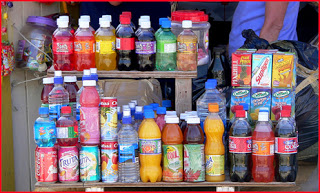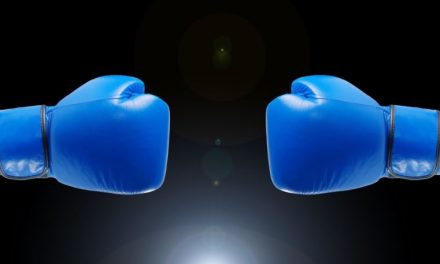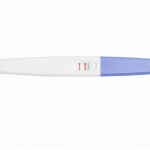For hundreds of thousands of years, humans have evolved drinking two beverages only – breast milk and water. More recently (in evolutionary terms), we are faced with thousands of liquid beverages to choose from on store shelves, and as a consequence, US data shows that 400 calories per day are consumed per person on average as liquids, with soda being the biggest piece of that pie. (That’s about a third of the total calorie intake per day for a typical woman who is trying to lose weight, and about a quarter for a man.)
The reality of liquid calories is that we compensate very little in our food intake when we consume calories as a beverage. This is true whether the drink is fat, carb, protein, or alcohol based. While studies do show that we can feel a sense of fullness from some beverages, we do not reduce our food intake over the course of the day, and the liquid calories end up being additional calories. This makes a lot of sense from an evolutionary perspective: the water drinking human would not want to have a lower drive for search of food and eating after drinking water, as water itself has no nutritional value.
Sugar sweetened beverages (eg pop, or any other drink with added sugar) has a number of nasty effects on our health. These drinks increase the risk of type 2 diabetes and metabolic syndrome, both because of the weight gain that comes with drinking them, but also because this sugar is very rapidly absorbed into the blood stream. Our bodies are simply not evolutionarily designed to handle a rapid influx of liquid sugar. As healthy as it may seem, fruit juice actually has similar metabolic effects as pop and other sweet beverages.
Alcohol is the other beverage that has unwanted effects on metabolism, including putting the brakes on metabolism of all other substances (including fat) to give preferential attention to getting rid of the alcohol.
Unfortunately, the current market trends for liquid calorie consumption are disturbing. Milks are being artificially sweetened and flavoured like never before; fruit juice marketed heavily as being super healthy (but why not eat the fruit rather than drink the juice?) and is often plugged with a bunch of added sugar to make it even tastier; and the variety of sugary beverages continues to increase.
While artificially sweetened beverages are probably better than sugary beverages (read more about the controversy of artificial sweeteners here), the best path for most people is to focus on two beverages only: water and milk.
PS just a note on the title of this post: While we should follow the paleo man’s avid water consumption, I do not recommend the Paleo diet itself – more on why not here.












